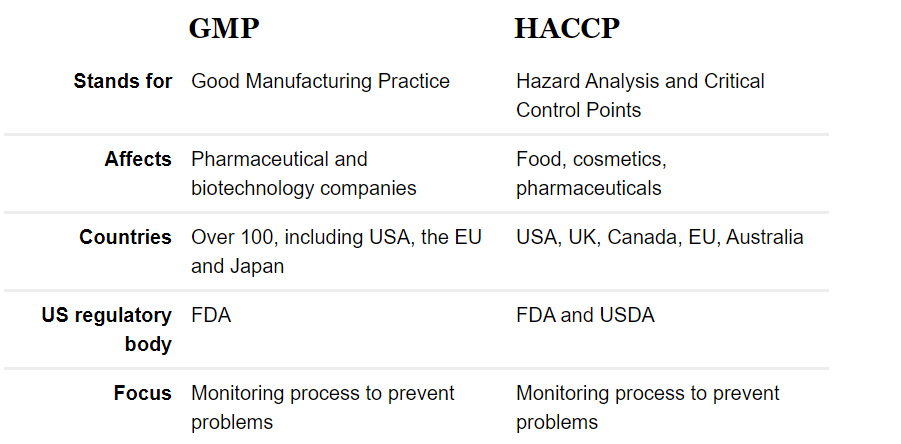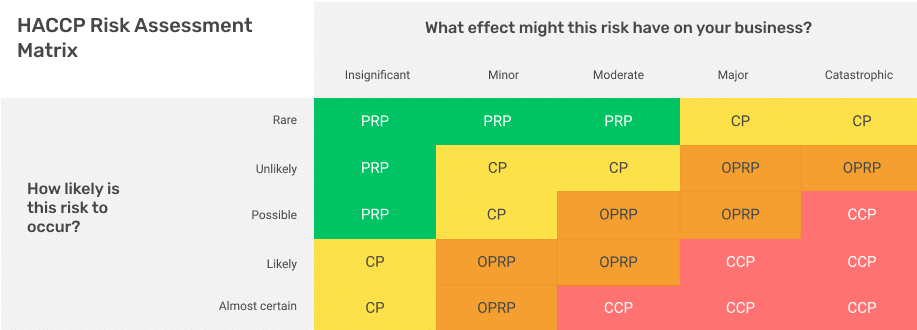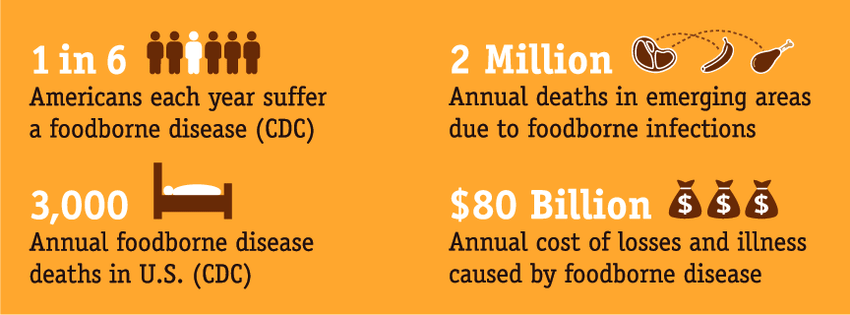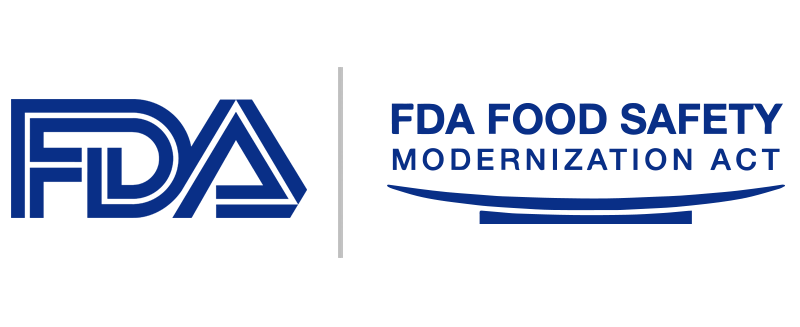What are the GMPs to HACCP?

GMPs are an important element of a food safety plan and are often used in conjunction with HACCP HACCP is a food safety management system that is used to identify and prevent potential hazards in the food production process, while GMPs focus on the overall cleanliness and operation of the facility.
What is a Hazard Assessment in a Food Safety Plan?

A hazard assessment is an important step (Principle 1 of your HACCP plan development) in developing a food safety plan. It involves identifying and evaluating potential hazards that may be present at different stages of the food production process, from raw material production to final product distribution. The goal of the hazard assessment is to identify and prioritize the hazards that are most likely to occur and that have the greatest potential to cause harm, so that appropriate preventive controls can be implemented to reduce the risk of these hazards.
The Cost of Foodborne Illness

Foodborne illness can have significant costs for individuals, businesses, and society as a whole. These costs can be financial, such as medical expenses and lost productivity, as well as non-financial, such as the impact on quality of life and overall well-being. For individuals, the costs of foodborne illness can include medical expenses, such as hospitalization […]
Is Online HACCP Training Better Than Classroom Training?

In general, it is important to choose a HACCP training course that is delivered by and accredited and qualified instructors and meets the requirements of your industry or regulatory agency. Whether you choose online or classroom training, make sure to do your research and choose a reputable provider.
What is PCQI Training?

PCQI stands for Preventive Controls Qualified Individual. It is a training program designed to provide individuals with the knowledge and skills to develop and implement a food safety plan to comply with the U.S. Food and Drug Administration’s (FDA) Current Good Manufacturing Practices (cGMP) and Hazard Analysis and Risk-Based Preventive Controls (HARPC) requirements. The PCQI […]
What is the International HACCP Alliance?

The International HACCP Alliance provides standardized educational programs to facilitate the implementation of farm-to-table HACCP Systems in the food industry.
The training curriculum is consistent with the National Advisory Committee on Microbiological Criteria For Foods, Codex Alimentarius Commission (CAC), USDA, and FSIS Pathogen Reduction HACCP.
What Is HACCP?

Hazard Analysis Critical Control Points (HACCP) is an internationally recognized method of identifying and managing food safety-related risks, and when it is the centerpiece of an active food safety program, it can provide your customers, the public, and regulatory agencies with the assurance that your food safety program is well managed.
What is HACCP Training?

HACCP (Hazard Analysis and Critical Control Points) is a food safety management system that helps ensure that food is prepared and handled in a safe and hygienic manner. HACCP training involves educating food industry workers on the principles and practices of HACCP and how to implement them in their workplace. This may include understanding how to identify and assess food safety hazards, implementing preventive controls to address those hazards, and establishing procedures for monitoring and verifying that the controls are effective. HACCP training is often required for food industry workers as a way to protect public health and prevent foodborne illness.

